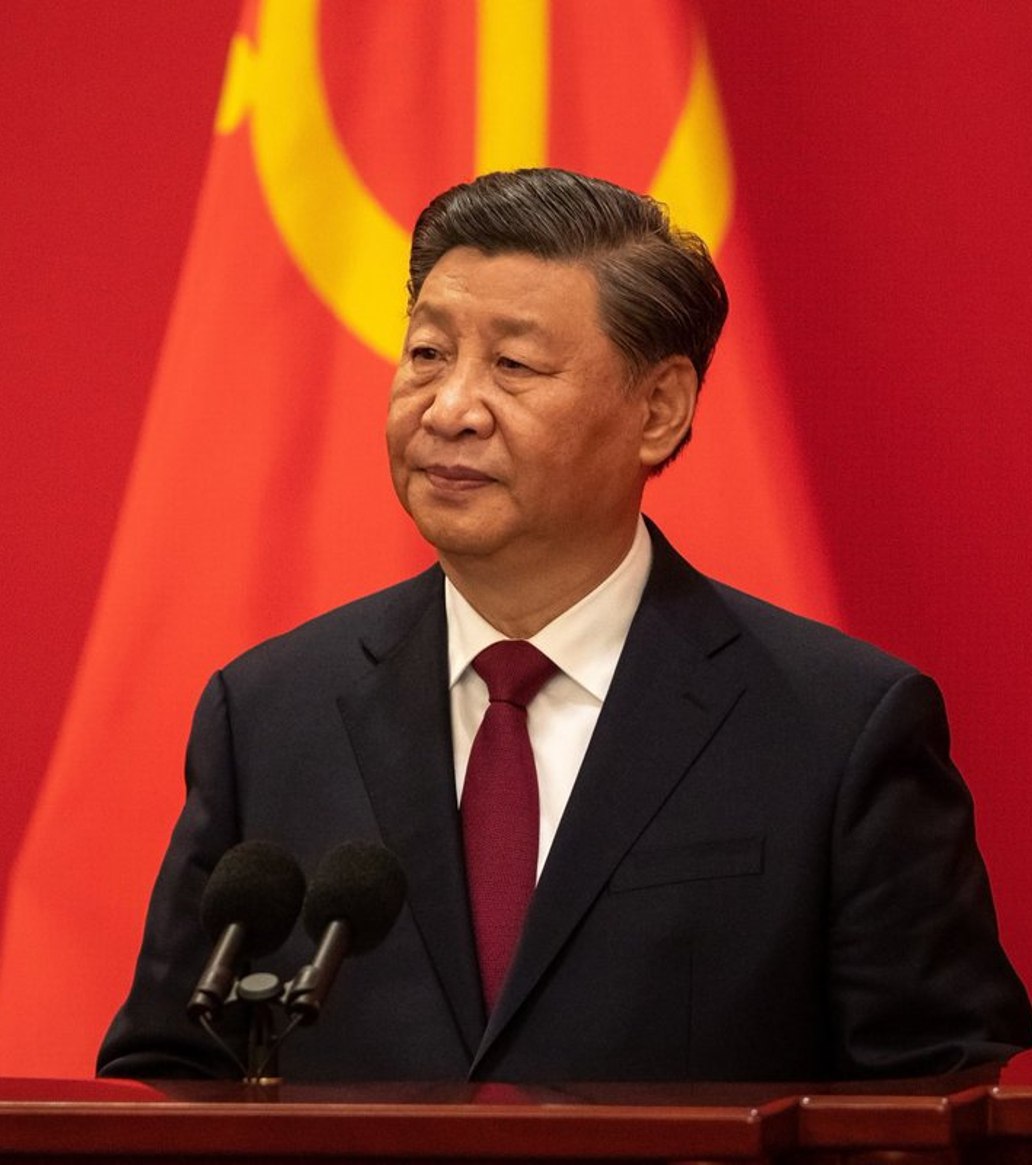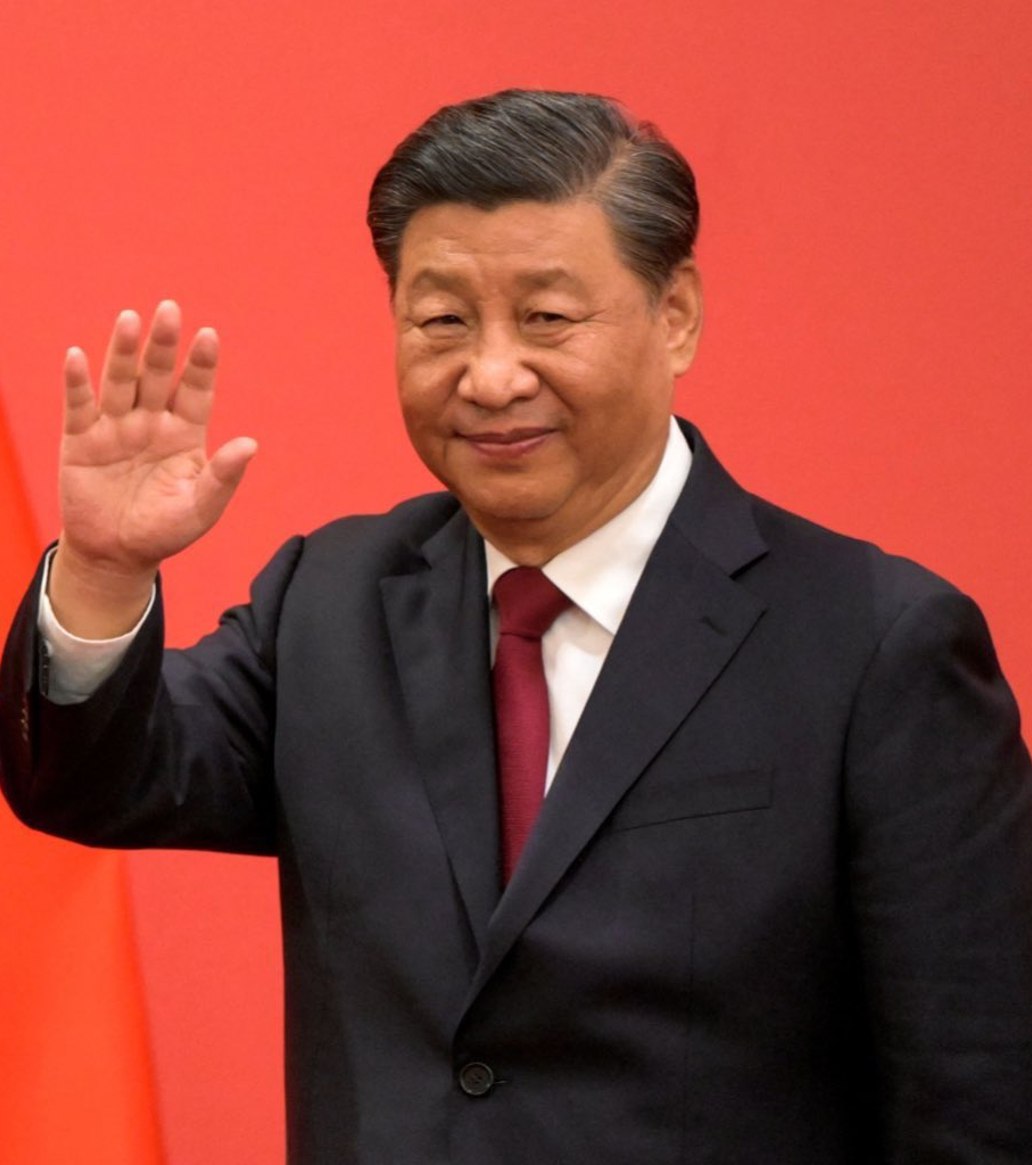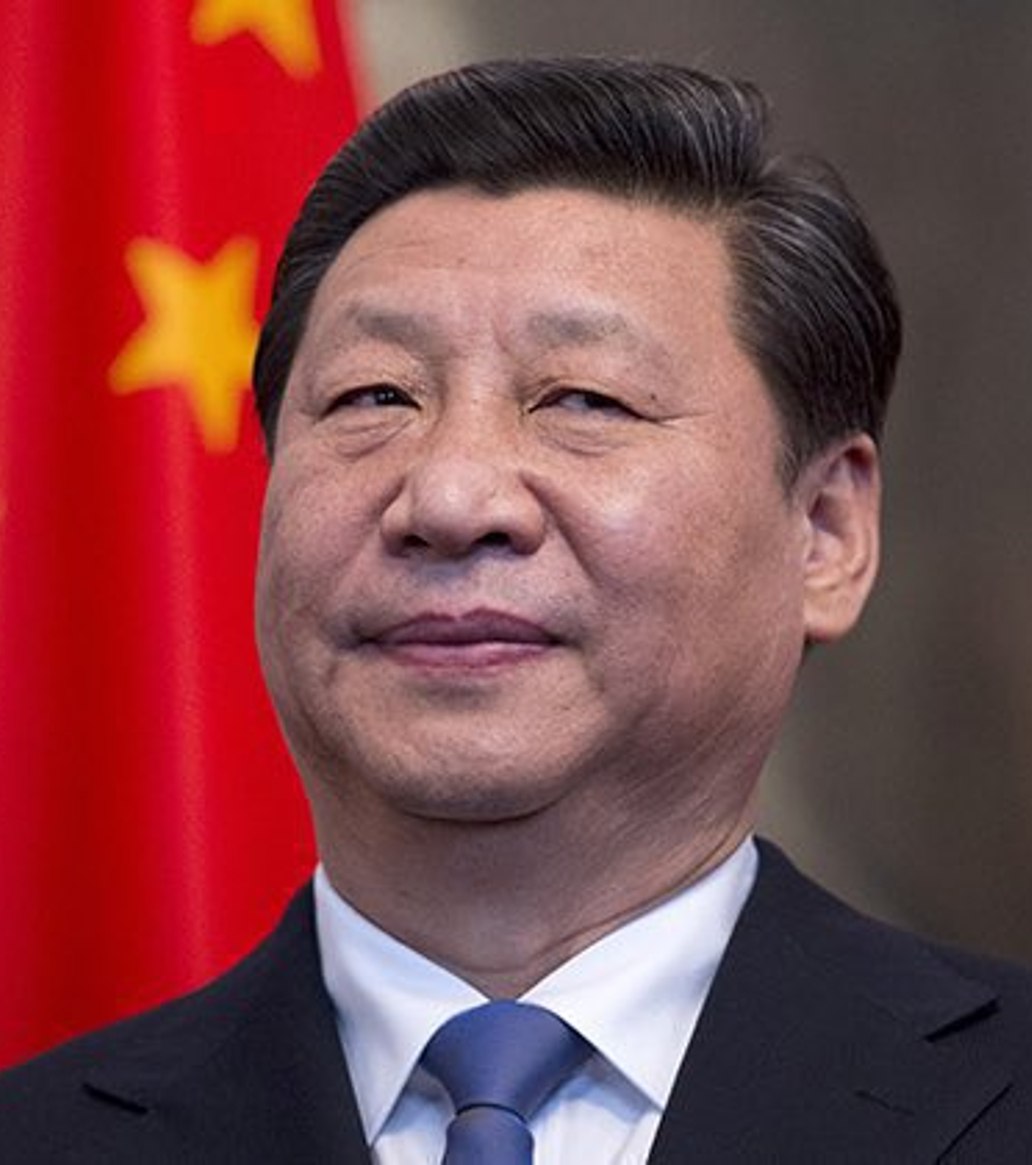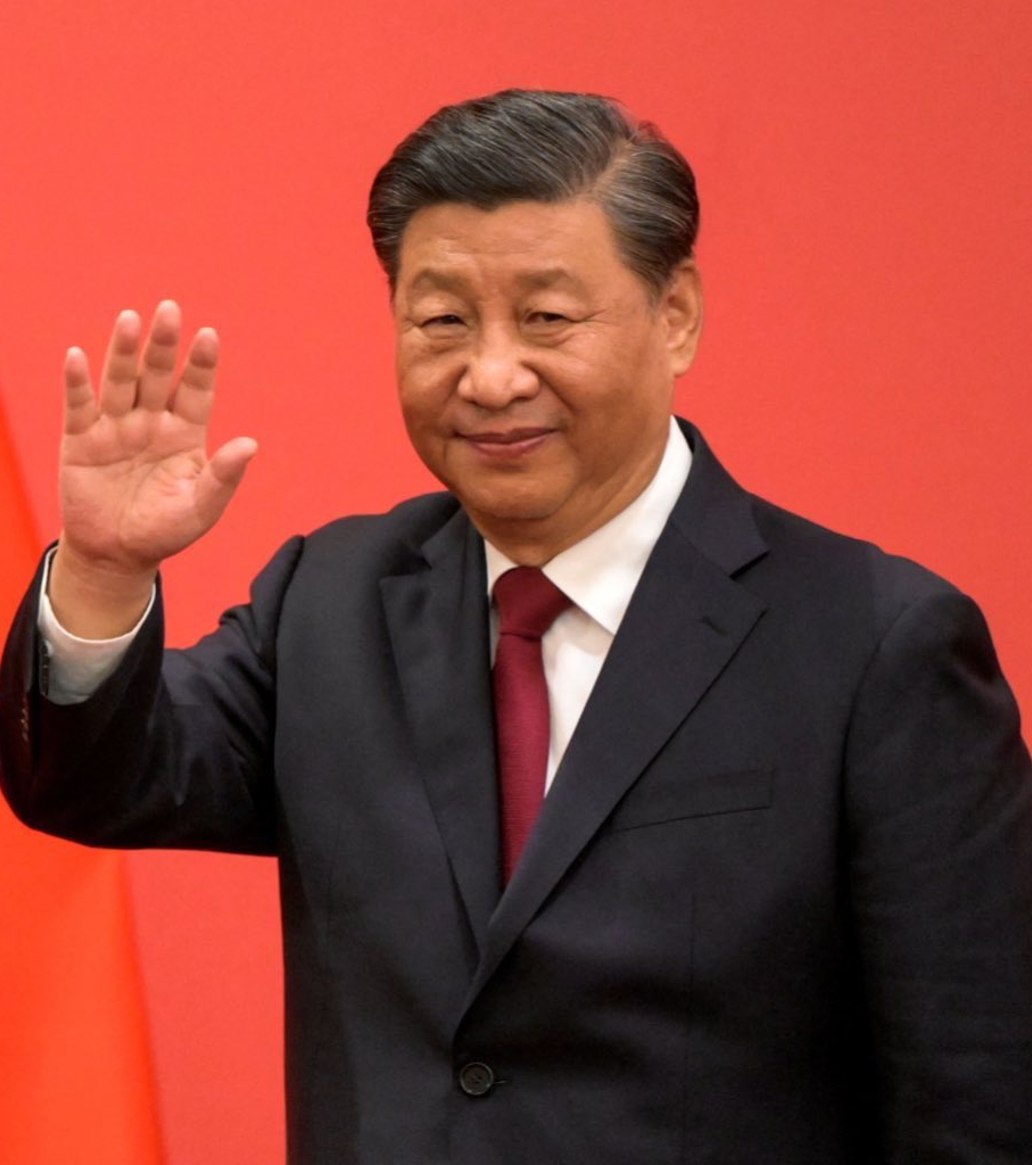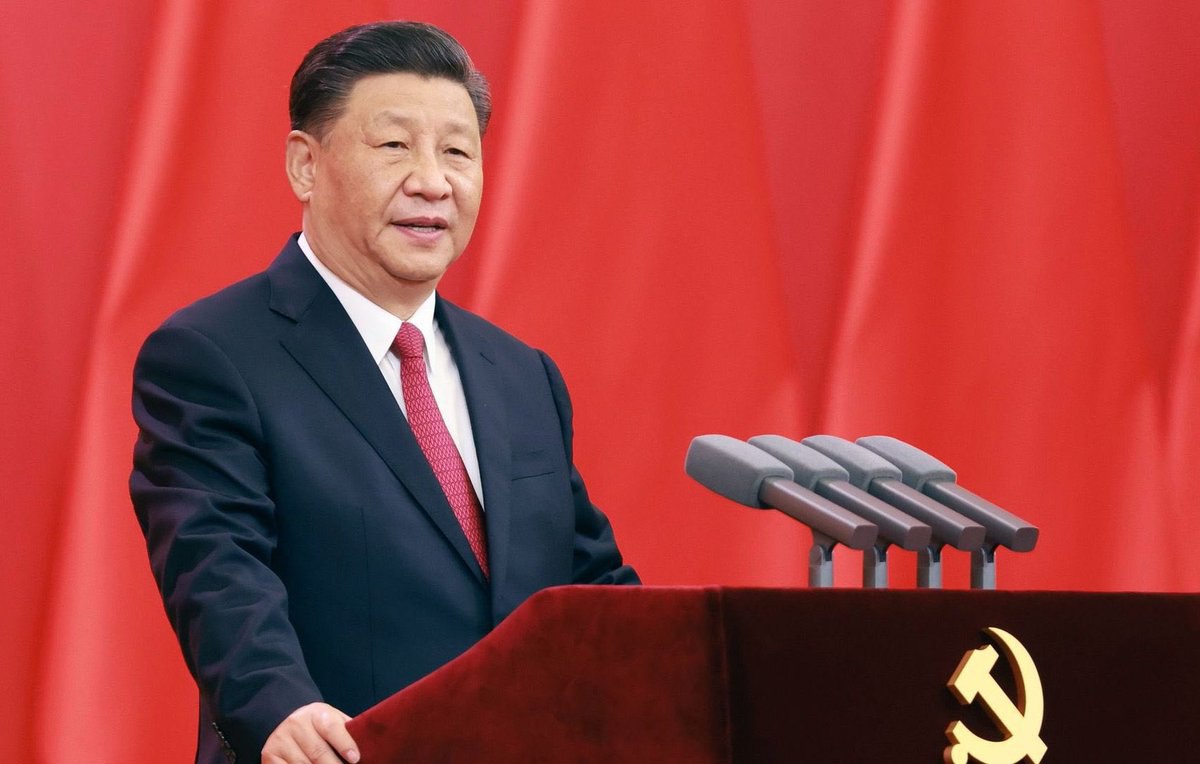China Quietly Exempts Select U.S. Goods from 125% Tariffs Amid Trade Tensions
In a discreet move to mitigate the economic impact of escalating trade tensions with the United States, China has compiled a list of U.S.-made goods exempt from its 125% tariffs. Sources familiar with the matter revealed that Beijing is selectively informing companies about these exemptions, aiming to alleviate disruptions in critical sectors.
The list includes essential items such as pharmaceuticals, microchips, and aircraft engines. Notably, companies like Johnson & Johnson and Merck, which manufacture drugs in the U.S. for export to China, have reported receiving tariff exemptions for certain products. This move comes as China seeks to balance its retaliatory measures with the need to maintain access to vital imports.
The Chinese government has not publicly disclosed the full list of exempted products. Instead, authorities are contacting companies directly, inviting them to confirm if their imports qualify for tariff relief. This approach reflects China's strategy of maintaining a firm public stance while quietly addressing economic disruptions.
This development follows a series of retaliatory measures by China in response to President Donald Trump's imposition of 145% tariffs on Chinese goods. The trade war has led to significant market disruptions, with both nations implementing high import tariffs that strain trade relations and threaten the profitability of exporters.
Amid these tensions, China has also waived tariffs on U.S. ethane imports, crucial as the U.S. remains the sole provider. The scope of exempted products appears to be expanding, with Chinese authorities surveying firms to evaluate the tariffs' impacts and holding private meetings to assess damages in industries like textiles and semiconductors.
As both nations grapple with the economic fallout of the trade war, the selective exemptions signal a potential shift towards negotiation. While China maintains that any dialogue must be based on equality and mutual respect, the recent outreach indicates a willingness to explore avenues for de-escalation.


